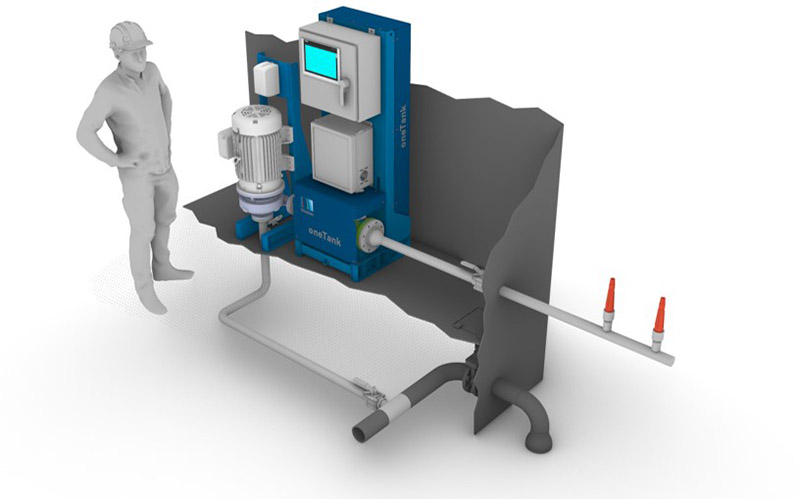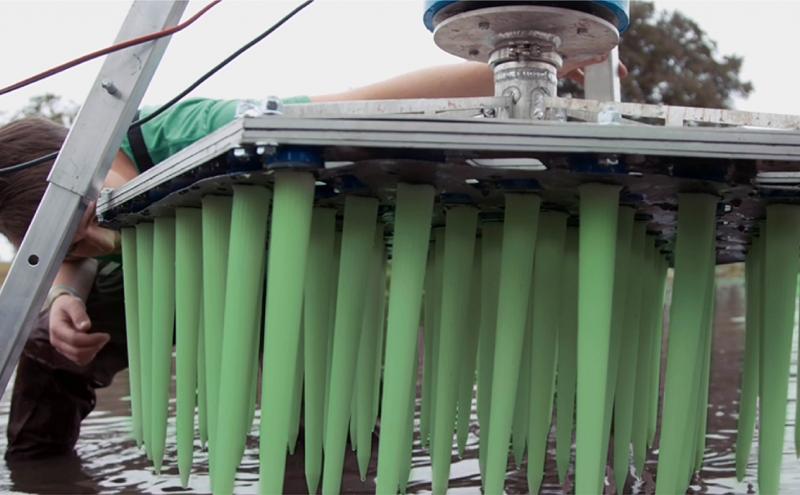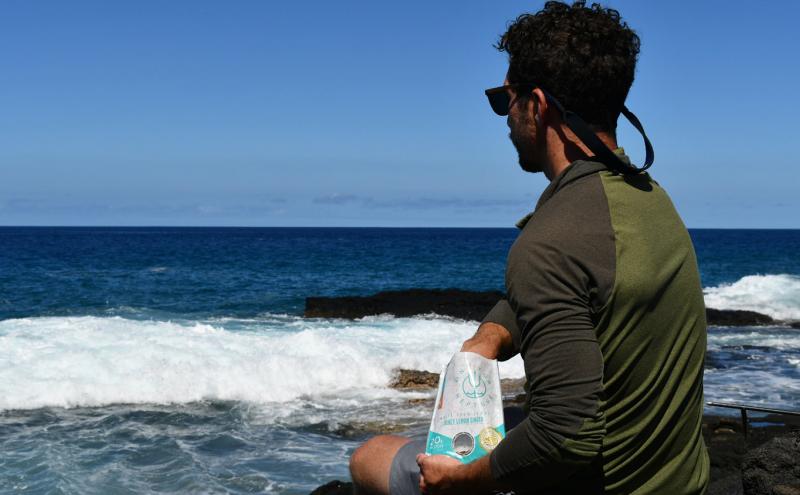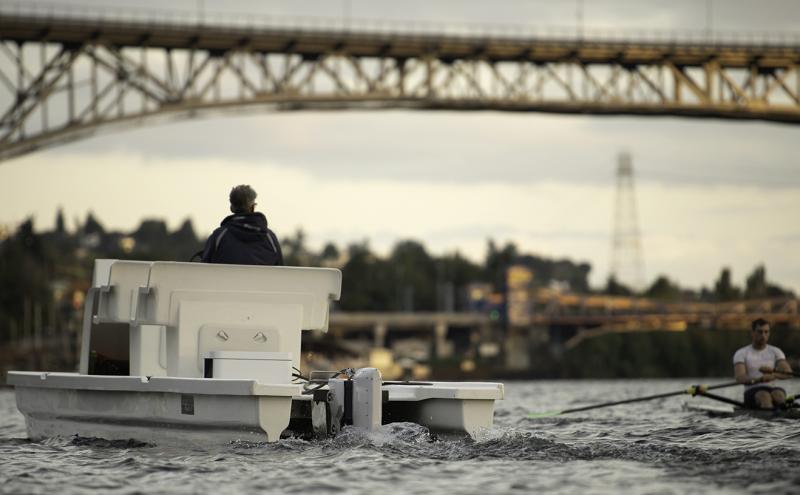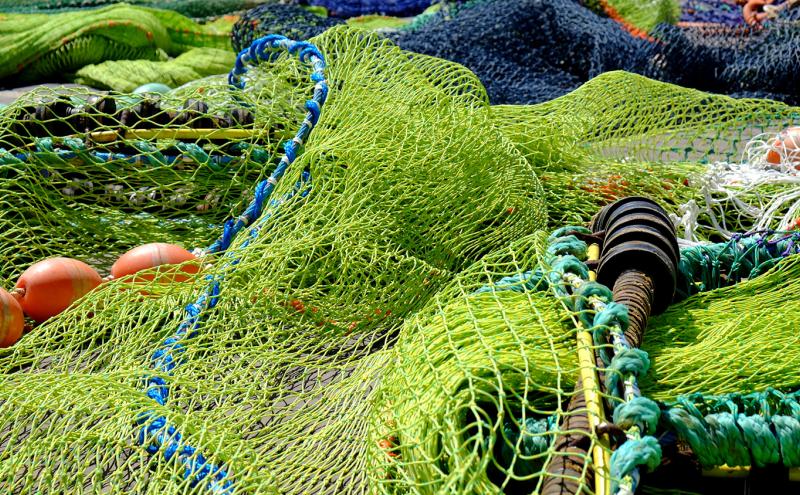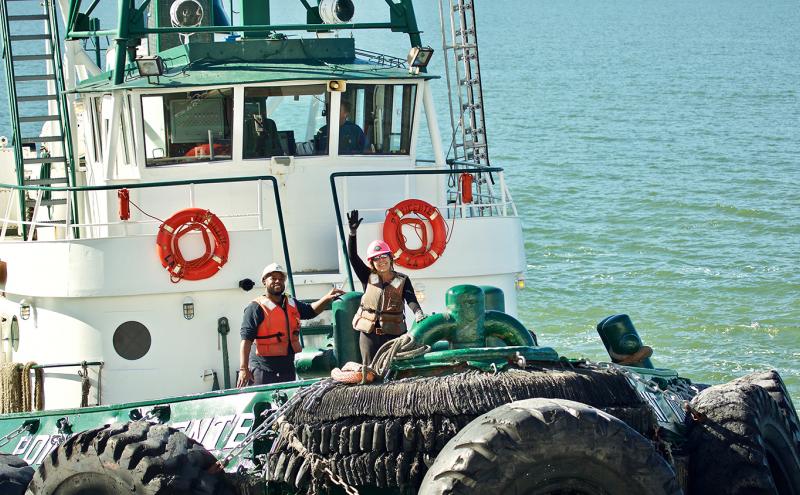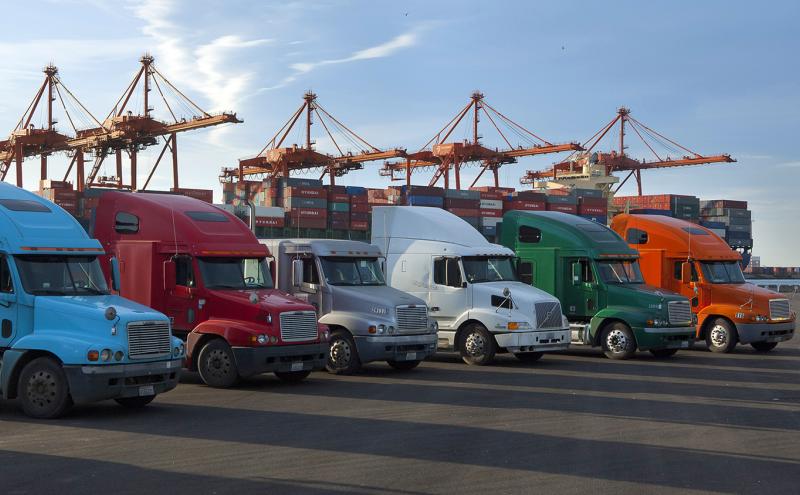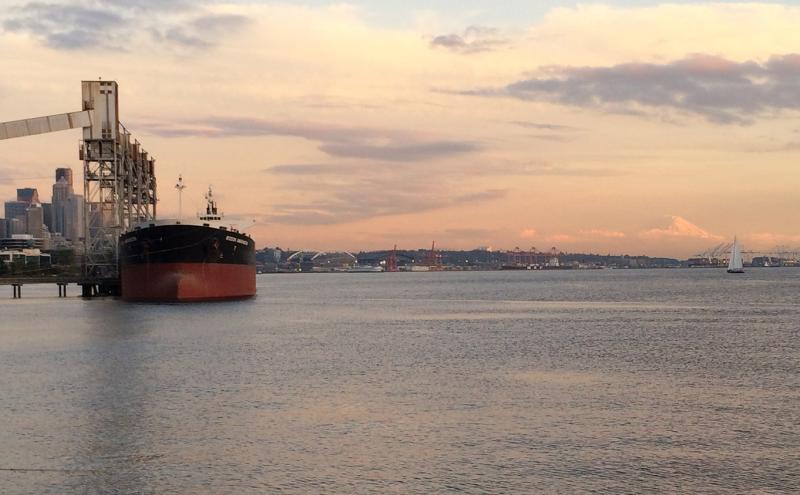
Washington Maritime Blue, the Port of Seattle, and WeWork Labs have partnered to launch Washington’s first maritime accelerator to help maritime companies innovate and grow. New ideas in one of the most traditional sectors in Washington are critical for a thriving economy and to protect our planet, precious natural resources, and ocean life.
Washington Maritime Blue has been awarded a $600,000 “Build to Scale” Industry Challenge grant from the U.S. Economic Development Administration (EDA) in cooperation with the U.S. Department of Energy. And matching investments from organizations including the Port of Seattle that bring total new investment in Washington’s blue economy to $1.2 million over the next three years.
This series showcases the 11 companies participating in the inaugural cohort. These companies worked for four months out of WeWork Labs’ Seattle location with mentors and advisers to help navigate challenges. In April, the startups shared their innovative solutions in a Virtual Showcase.
When a cargo ship arrives in port, it's loaded with products, goods, and equipment that will benefit the economy where it lands. But that's not all it may be carrying. A ship could bring in invasive marine species and pathogens in the ballast water — fresh or saltwater held in the ballast tanks and cargo holds that are used to stabilize ships. And bringing these stowaways into a new environment can often have devastating environmental impacts.
At the port of departure, the ship empties its cargo and takes on ballast water, often picking up foreign species and organisms. These organisms can be transported to the new port and released when the ship takes on more cargo.
A reliable way to prevent the introduction of invasive species to new environments is a ballast water treatment system, designed to remove and destroy biological organisms (zooplankton, algae, bacteria). Ships transiting the ocean and moving ballast water are not legally allowed to discharge unless the water has been managed or treated. But until now, existing systems didn’t support treating ballast water on smaller vessels; the industry has traditionally been focused on large oceangoing carriers.
Startup oneTank, a spinoff of parent company Glosten, was incorporated in 2020 , has developed a simple, economical solution for smaller vessels that meet global and U.S. commercial shipping regulations for the prevention of invasive species.
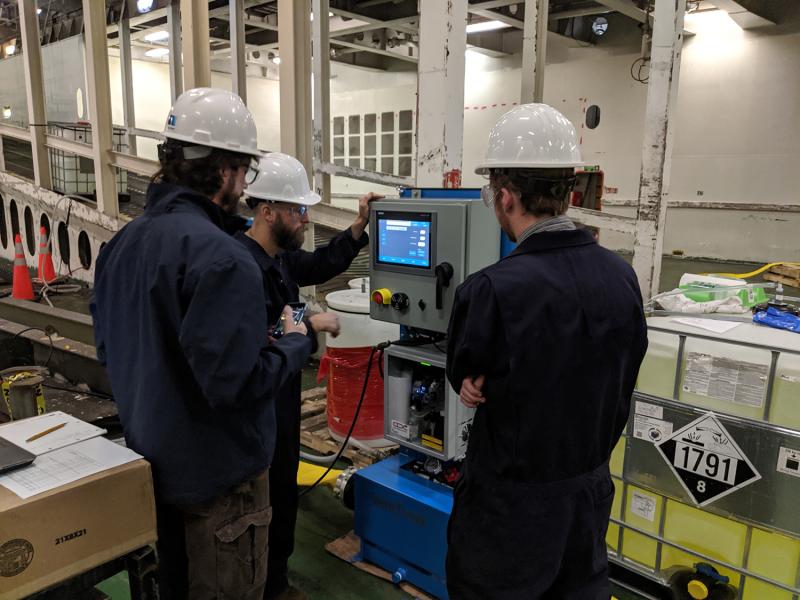
A critical gap
After working to install ballast water treatment systems on ships of a variety of sizes, Kevin Reynolds, Director of Research and Development at Glosten, a global leader in maritime engineering and consulting, and his team found a critical gap in the market.
“At Glosten, we were working with fishing and research vessels that needed a ballast water treatment system, but all existing systems were made for big ships. There was nothing on the market for smaller vessels,” Reynolds said.
Reynolds and two coworkers run oneTank operations with support from 100 people from the Glosten Seattle and Providence, Rhode Island offices.
Simple solution
oneTank’s light, portable system treats ballast water within a vessel’s ballast tank rather than cleaning the water as it comes onboard the vessel. It provides the flexibility to uptake, treat, and discharge ballast water to meet a ship’s schedule, and neutralizing the water at an optimal time to prevent organism regrowth. The ballast water is treated by circulating a disinfection chemical through the ballast tank. No filtration of the ballast water stream is required, minimizing fragile components and maintenance requirements.
“Mariners are very resourceful, but crew sizes are getting smaller and regulation burdens are getting higher. Anything you put on the ship has to be simple, something folks can understand how to use. oneTank is designed as do-it-yourself so there are no commissioning engineers needed; it just requires a few cables and pipes. It’s about like installing an oven in your house,” Reynolds said.
Maritime Accelerator
“When we applied for the Maritime Accelerator program, oneTank’s number one objective was to get assistance with a go-to market strategy,” Reynolds said. “We were good with technology, we were good with understanding the market and who our customers are, but we needed information on how to take a great idea and bring it to market. We were looking for experts that could give us assistance on pricing, marketing, and supply chains.”
One of the benefits of the Maritime Accelerator program (according to Reynolds) was that startups received access to infinite advice and expertise in the areas they most needed it.
“The most important thing for us getting there was seeing we were on the right track, but there were smarter ways of doing things. It’s good to see how other startups are tackling similar issues and identifying the places where innovation is required, areas like big data, energy, and sustainability,” said Reynolds.
Maritime innovation
The Accelerator provides an important connection for startups to Washington state’s venture capital and innovation world. Reynolds feels that they've demonstrated that the industry can still be conservative in the products it offers but innovative in how it does business.
“Historically the maritime industry has had no exposure to how the tech world works and with the Maritime Accelerator we got that exposure. By its nature the maritime industry is very conservative. Things have to work. There is very little tolerance for failure and lack of performance.”
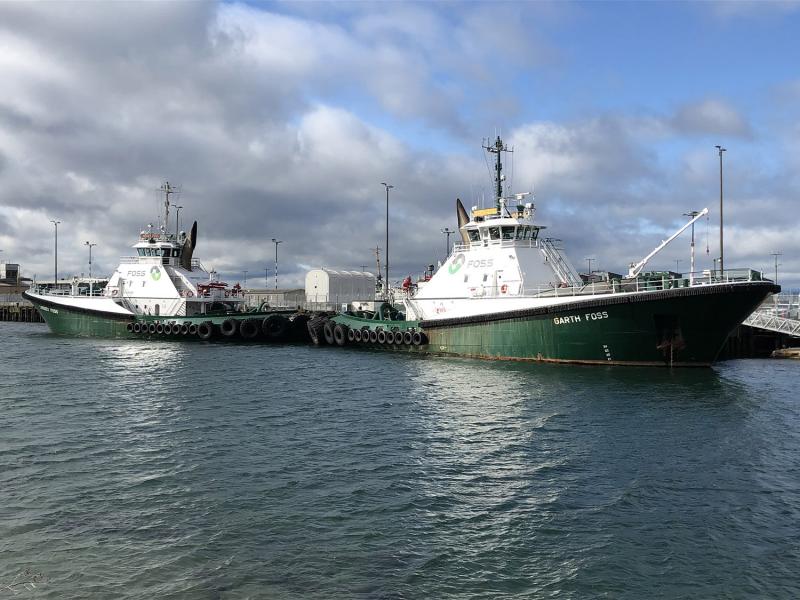
Going green
The International Maritime Organization (IMO) has a goal to reduce greenhouse gas emissions from global shipping by at least 50 percent by 2050 as compared to emissions from 2008. To meet this objective, it is imperative that the industry work to become more sustainable, Reynolds said.
“If Seattle and Washington state want to play a part and gain jobs, business and revenue, we need to be proactive about coming up with innovative solutions. You don’t halve emissions footprints without going 100 percent into innovation and sustainability; it’s a bit of a do or die situation.”
What’s next
oneTank has received approval from both the International Maritime Organization and U.S. Coast Guard for ships to install the product on vessels.
“We are now selling systems, and finding traction with tankships installing oneTank units for their aft peak tanks. This is a really exciting time, putting all the lessons we learned in the Accelerator to work,” Reynolds said.
